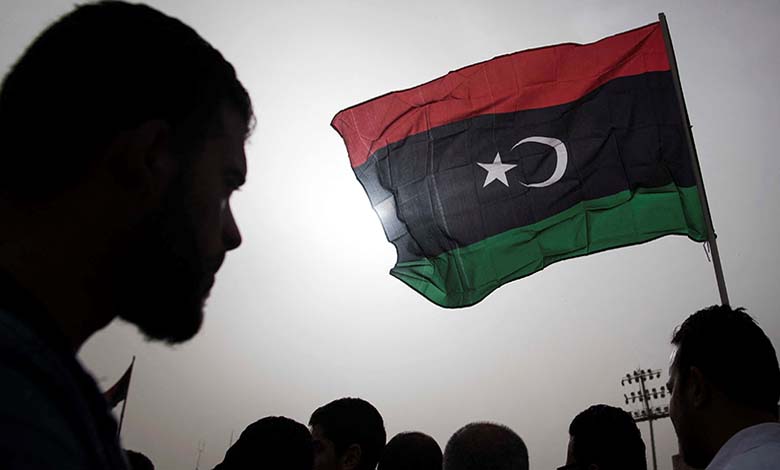How did the Muslim Brotherhood exploit the February events to seize power in Libya? A report answers

Libya marks the 14th anniversary of the February 17 Revolution as it enters a new transitional phase amid challenges that, according to observers, are not much different from those it has faced since the fall of Colonel Muammar Gaddafi’s regime. Nevertheless, the Libyan people continue to hope for long-awaited stability.
The events of February 17 provided a favorable environment for the Muslim Brotherhood, allowing them to expand their power and influence in Libya. They sought to take control of state institutions, ushering in a period of destruction, division, and chaos in the country.
-
Libya’s Muslim Brotherhood Faces Another Setback… Political Analyst Diagnoses the Movement’s Internal and External Crises
-
Will Libya’s Muslim Brotherhood Succeed in Infiltrating Municipal Councils? A Libyan Affairs Researcher Answers
To execute their plan, the Brotherhood forged multiple alliances and consistently blocked any attempts at resolving the crisis. They did not stop at the turmoil they had already caused before and during the February events but continued their disruptive efforts to this day, hindering progress towards a new political phase after years of war and devastation, according to the Libyan newspaper “Al-Chahid”.
The newspaper further reported that the Brotherhood had been fueling tensions in Libya for months before the February 17 uprising. Once their meticulously planned scheme succeeded, protests erupted across Libyan cities against Gaddafi’s rule, and Brotherhood members infiltrated the demonstrators.
-
Al-Ghariani: Serving the Muslim Brotherhood in Exchange for Moral Support in Libya
-
The Mufti of the Muslim Brotherhood attacks the Libyan parliament… and talks about Western plans in collaboration with the Gaddafi regime
Supporters and affiliates of the Brotherhood, who had remained hidden for decades, emerged to execute their plan in full view of the public.
The journalistic report highlights that the Muslim Brotherhood betrayed their country in their historical thirst for power, selling out Libya to foreign interests and opening its western borders to invaders.
Brotherhood members and supporters also backed international airstrikes against Libya, which killed many innocent civilians. They even collaborated with NATO, helping to identify targets that resulted in the deaths of hundreds.
-
Calls in Libya to Prevent Tunisian Arrest Warrant against Muslim Brotherhood Businessman
-
Crime, violence, extortion, and looting of people’s properties and state resources… What are the Muslim Brotherhood doing in the Libyan capital?
Following the February events, political Islam’s influence in Libya grew significantly as part of an attempt to dominate power. However, the Libyan people soon uncovered their true motives, leading to a decline in their popularity. In response to this rejection, they resorted to violence to force those who opposed them into submission.
Emerging from the Muslim Brotherhood, numerous militias took up arms in Libya, engaging in warfare and committing atrocities in the name of religion. One of the most notorious is the Fajr Libya militia, an extremist armed group that wreaked havoc in the country. The Brotherhood maintained strong ties with this militia, as Fajr Libya directly served its interests.












